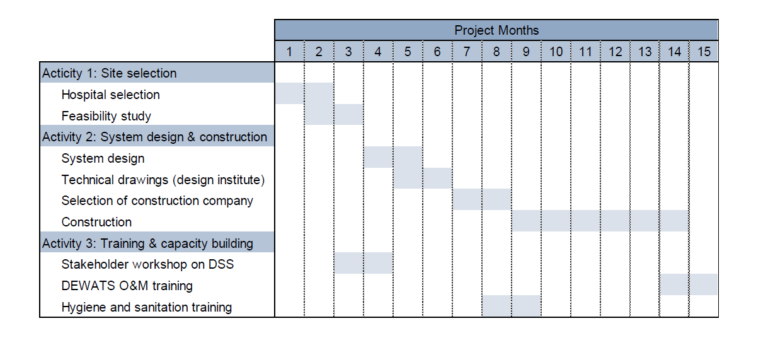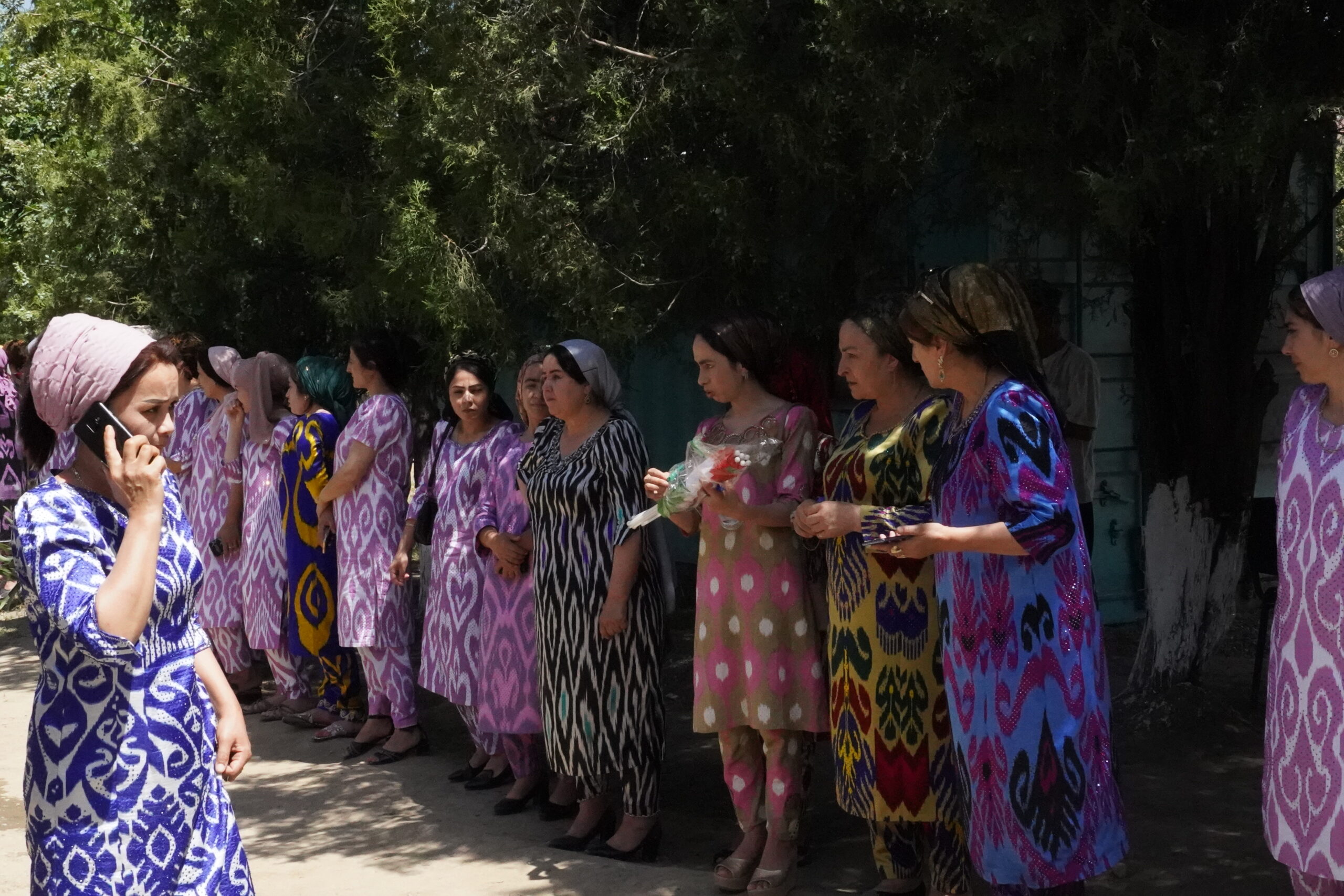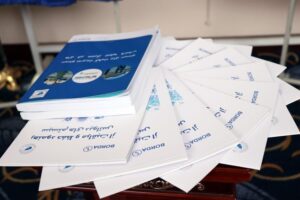Clean Water Initiative: Improving Hospital Sanitation with DEWATS in Tajikistan
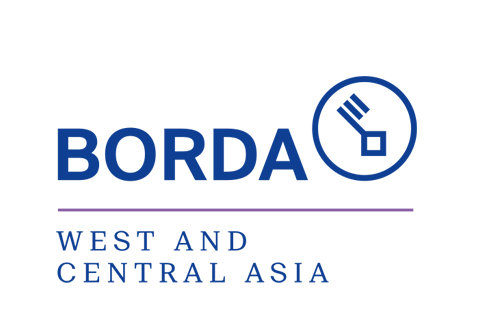
Clean Water Initiative – Improving hospital sanitation services with decentralized wastewater treatment systems (DEWATS) in Tajikistan
Concept for the implementation of the 5th project under the initiative
Project objective
The project aims at implementing a wastewater treatment plant at hospital in Tajikistan under the Linos Clean Water Initiative ‘Improving hospital sanitation services with decentralized wastewater treatment systems (DEWATS) in Tajikistan’.
Project methodology
For the successful implementation of the 5th project under the Lions Clean Water Initiative ‘Improving hospital sanitation services with decentralized wastewater treatment systems (DEWATS) in Tajikistan’, BORDA proposes the activities site selection, system design and construction and training and capacity building with the below listed components.
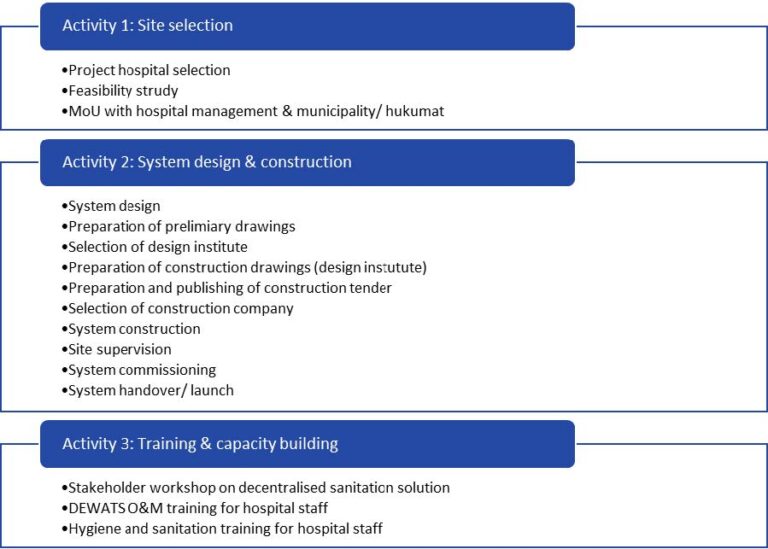
Site selection
Strong ownership from beneficiaries is crucial for the successful implementation and sustainability of institution-based WASH infrastructure projects, particularly those in hospitals. Therefore, careful selection of the partner hospital for the 5th project under the Lions Clean Water Initiative is essential. Both the hospital management and the relevant municipality/ hukumat responsible for the hospital must be willing and able to support the project implementation and allocate necessary financial resources for the long-term operation and maintenance of the DEWATS implemented at the hospital.
Potential project hospitals will be identified in collaboration with relevant stakeholders such as the Ministry of Health. Visits will be conducted to introduce the project measures and conduct a needs assessment based on existing infrastructure. Taking into account these needs, technical feasibility (e.g., sufficient space availability), and the financial commitment of the hospital management and the municipality/ hukumat, a project hospital will be pre-selected. A detailed feasibility study will be conducted at the pre-selected hospital, including wastewater quantification and relevant laboratory testing to inform the design.
A Memorandum of Understanding (MoU) will be signed with both the hospital management and the municipality/ hukumat, confirming their commitment to ensure the long-term functionality of the DEWATS and earmarking funds for operation and maintenance activities.
System design and construction
After completing the feasibility study, BORDA will design an appropriate wastewater treatment solution for the selected project hospital, taking into consideration space limitations, the topography of the construction area, as well as the different types of wastewater generated along with their respective quantities and treatment requirements. Based on that, BORDA will prepare the preliminary technical drawings and select a design institute to review the drawings, develop additional necessary construction drawings, and extract of the bill of quantities. These documents are essential for the construction tendering process, which will occur as the following step. Once a suitable construction company is chosen and construction begins, BORDA will oversee the construction process to ensure that the DEWATS is implemented with high quality at the project hospital. After the completion of the construction, the DEWATS system will be commissioned and as a last step handed over to the hospital management and the municipality/ hukumat during the official launch event.
Training and capacity building
Training and capacity building aspects are vital for the successful operation and maintenance of any technical solution and thereby ensures the sustainability of implemented solutions. Therefore, the following three trainings are planned to be facilitated as part of the 5th Project under the Lions Clean Water Initiative, three trainings are planned:
– Stakeholder workshop on decentralised sanitation solutions: The workshop is targeted at the hospital management and the relevant municipality/ hukumat to introduce the concept of decentralised sanitation solutions. The workshop’s goal is to ensure that both, the hospital management and the responsible municipality/ hukumat, not only understand the concept and benefits of the implemented solution for the hospital but also the required operational tasks and costs to ensure the long-term functionality of the implemented solution.
– DEWATS O&M training for hospital staff: The training is designed for hospital caretakers, who are responsible for the day-to-day operation of the implemented DEWATS. While DEWATS is a low-maintenance solution, some operation and maintenance activities must be carried out to ensure the long-term functionality of the system. Therefore, the training will include both theoretical components and practical on-the-job training. It will equip the caretakers with the necessary skills to perform required operation and maintenance tasks, as well as troubleshoot the system when needed.
– Hygiene and sanitation training for hospital staff: Proper hygiene and sanitation practices are crucial for preventing the spread of pathogens, such as those responsible for diarrheal diseases like cholera, which can be fatal. This applies in particular in hospital settings where patients often have compromised immune systems. Therefore, training sessions on hygiene and sanitation will be conducted for hospital staff to raise awareness of the importance of these measures.
Project timeline
The tentative timeline for the proposed activities is indicated in the graphic below. The total planned duration for the project implementation is 15 months.
